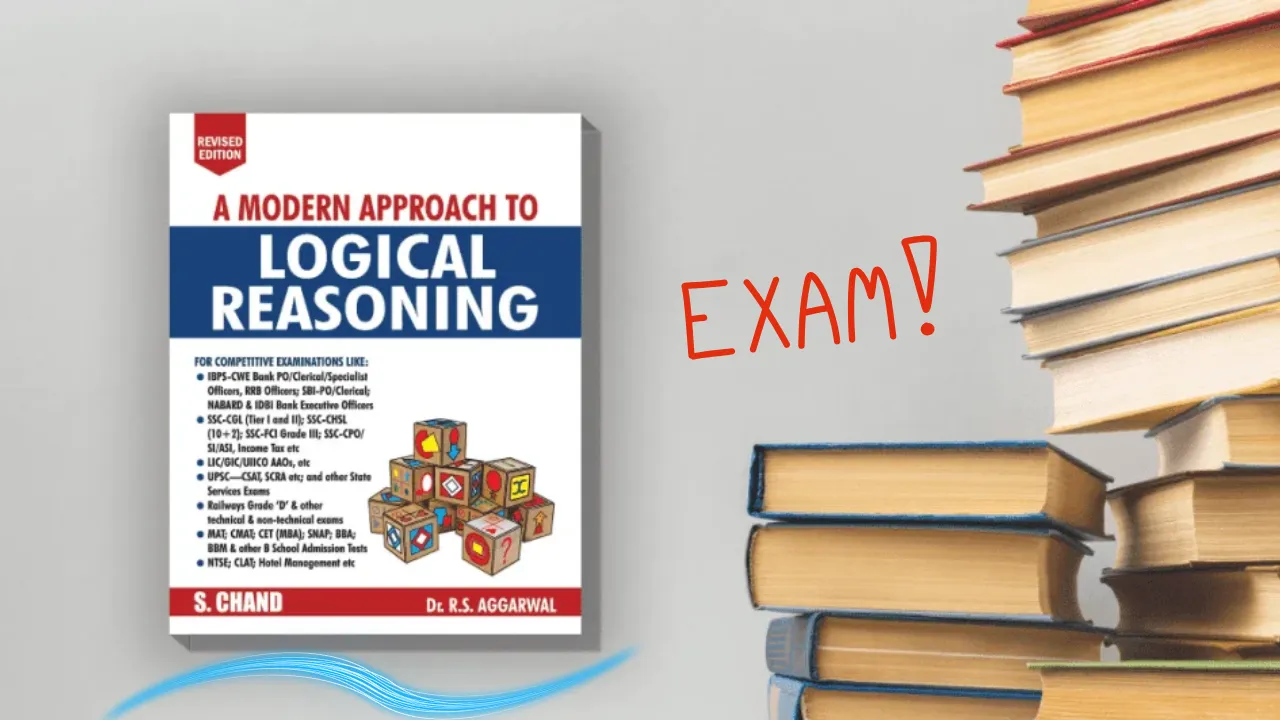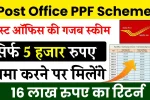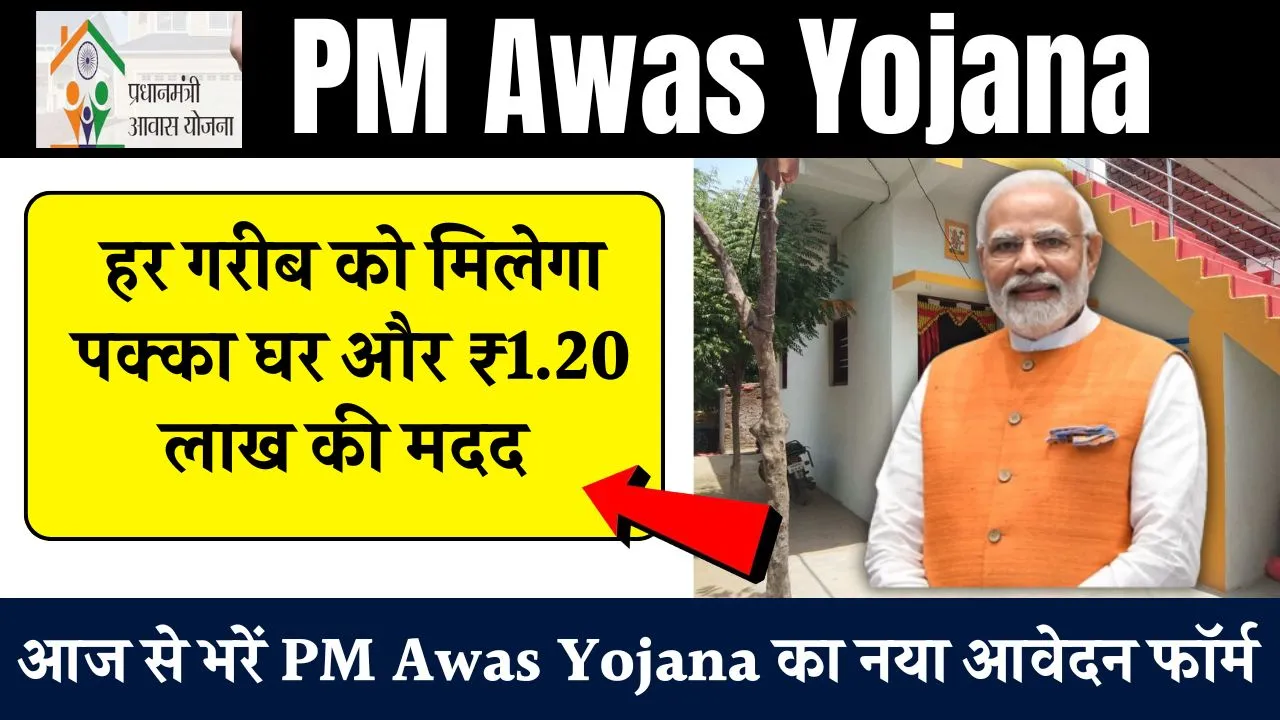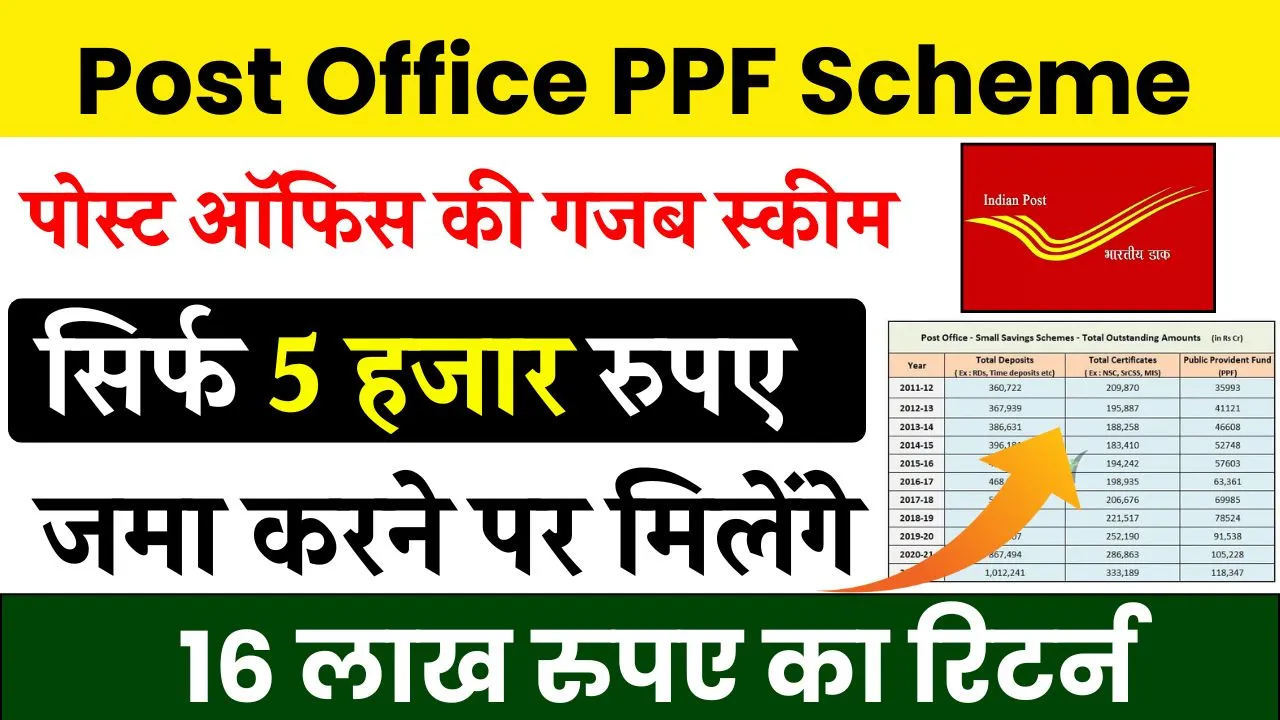Master logical reasoning for competitive exams: Master logical reasoning for competitive exams to boost your chances of selection in major tests like Bank, SSC, Railway, UPSC, and state-level exams. Logical reasoning plays a key role in assessing a candidate’s problem-solving, decision-making, and analytical thinking skills.
In this guide, you’ll learn how to master logical reasoning for competitive exams step-by-step. We cover the topic types, best strategies, top books, and daily habits that will help you score higher and solve problems faster with better accuracy.
Understand the Importance of Logical Reasoning
Logical reasoning is a high-scoring section in almost every government and private sector exam. It typically includes questions on:
- Coding-Decoding
- Syllogisms
- Blood Relations
- Seating Arrangement
- Puzzles
- Direction Sense
- Series (number/letter/figural)
- Statements & Conclusions
To master logical reasoning for competitive exams, you must first understand the kind of questions asked in your specific target exam and practice accordingly.
Break Down the Syllabus into Categories
Organizing topics helps manage your preparation better. Logical reasoning questions fall under two major types:
1. Verbal Reasoning:
- Analogy
- Classification
- Statement & Assumption
- Cause & Effect
- Ranking
- Direction Sense
2. Non-Verbal Reasoning:
- Figure series
- Mirror and Water Images
- Embedded Figures
- Paper Folding/Cutting
Categorizing helps you set topic-wise goals and focus better during revision.
Create a Smart Preparation Plan
To master logical reasoning for competitive exams, follow a structured routine:
- Start with basics: Understand the logic behind each type of question.
- Daily practice: Solve 20–30 questions daily on a variety of topics.
- Set weekly targets: Complete 2–3 topics per week and revise on weekends.
- Track your time: Solve questions with a timer to improve speed.
- Analyze errors: Learn from your mistakes and note down shortcuts or rules.
Learn Shortcut Techniques and Time Management
Logical reasoning is not just about solving the question—it’s about solving it fast and accurately.
- Learn standard formats: Many question types follow repeated logic.
- Use elimination: When in doubt, eliminate incorrect options first.
- Visualize data: For puzzles and arrangements, draw charts or diagrams.
- Keep a formula notebook: Write down all shortcut tricks and revise often.
Time is a key factor. Use mock tests to practice full-length papers under real exam conditions.
Best Books to Master Logical Reasoning
1. A Modern Approach to Verbal and Non-Verbal Reasoning – R.S. Aggarwal
Perfect for beginners and widely used across SSC, Bank, and Railway exams.
2. Analytical Reasoning – M.K. Pandey
Great for conceptual understanding and logical question-solving techniques.
3. Magical Book on Puzzles – K. Kundan
Useful for mastering puzzles and sitting arrangements, especially for Bank and CAT exams.
4. Testbook or Adda247 Reasoning Sectional Books
Updated with the latest pattern and online practice material.
Practice with Mock Tests and Previous Papers
Mock tests play a vital role if you want to master logical reasoning for competitive exams. They help with:
- Time management
- Understanding question trends
- Identifying weak topics
- Building exam-day confidence
Also, solve previous years’ papers for the specific exam you’re targeting. It’s the best way to prepare for expected patterns and question difficulty.
Two Must-Focus Areas for Success
- Accuracy Over Speed
- Aim to reduce silly mistakes.
- Skip uncertain questions rather than guessing randomly.
- Aim to reduce silly mistakes.
- Topic-Wise Mastery
- Focus on one topic at a time before moving to the next.
- Mastering basics makes it easier to handle complex puzzles later.
- Focus on one topic at a time before moving to the next.
FAQs
1. How much time should I dedicate to reasoning daily?
Start with 1–2 hours daily and increase gradually depending on your weak areas.
2. Are reasoning questions the same across all exams?
The core types are similar, but difficulty and format vary slightly by exam.
3. Can I skip non-verbal reasoning?
No, especially if you’re preparing for SSC or Railway exams where these are frequently asked.
4. Is coaching necessary for reasoning?
Not required. With self-study and the right books, you can master it easily.
5. How do I improve my speed in solving puzzles?
Practice regularly, use diagrams, and solve from easy to difficult sets gradually.
Final Thought
To truly master logical reasoning for competitive exams, you need patience, consistent practice, and smart strategy. It’s not about solving the most questions, but solving the right ones correctly and fast. Build your basics, use the right materials, and push your limits every day.
Have your own trick or shortcut? Share it in the comments!
Also, check your daily study horoscope and stay motivated to achieve your exam goals.















